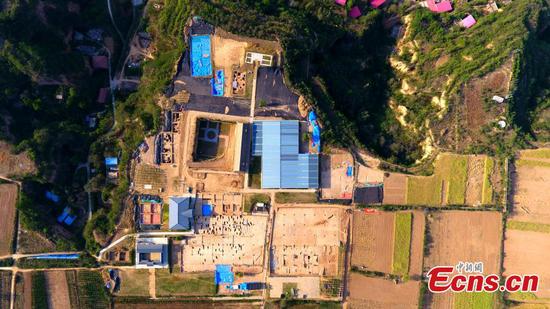A study in mice at Washington University School of Medicine in St. Louis suggests gene therapy helped build significant muscle mass quickly, reduced the severity of osteoarthritis in the mice, and staved off obesity, even when the mice ate an extremely high-fat diet.
The researchers gave 8-week-old mice a single injection each of a virus carrying a gene called follistatin. The gene works to block the activity of a protein in muscle that keeps muscle growth in check. This enabled the mice to gain significant muscle mass without exercising more than usual.
Even without additional exercise, and while continuing to eat a high-fat diet, the muscle mass of these "super mice" more than doubled, and their strength nearly doubled, too. The mice also had less cartilage damage related to osteoarthritis, lower numbers of inflammatory cells and proteins in their joints, fewer metabolic problems, and healthier hearts and blood vessels than littermates that did not receive the gene therapy. The mice also were significantly less sensitive to pain.
One worry was that some of the muscle growth prompted by the gene therapy might turn out to be harmful. But in these mice, heart function actually improved, as did cardiovascular health in general.
Longer-term studies will be needed to determine the safety of this type of gene therapy, the researchers said. If safe, the strategy could be particularly beneficial for patients with conditions such as muscular dystrophy that make it difficult to build new muscle.
Nevertheless, more traditional methods of muscle strengthening, such as lifting weights or physical therapy, remain the first line of treatment for patients with osteoarthritis, the researchers said.
The study was published online on Friday in the journal Science Advances.




















































